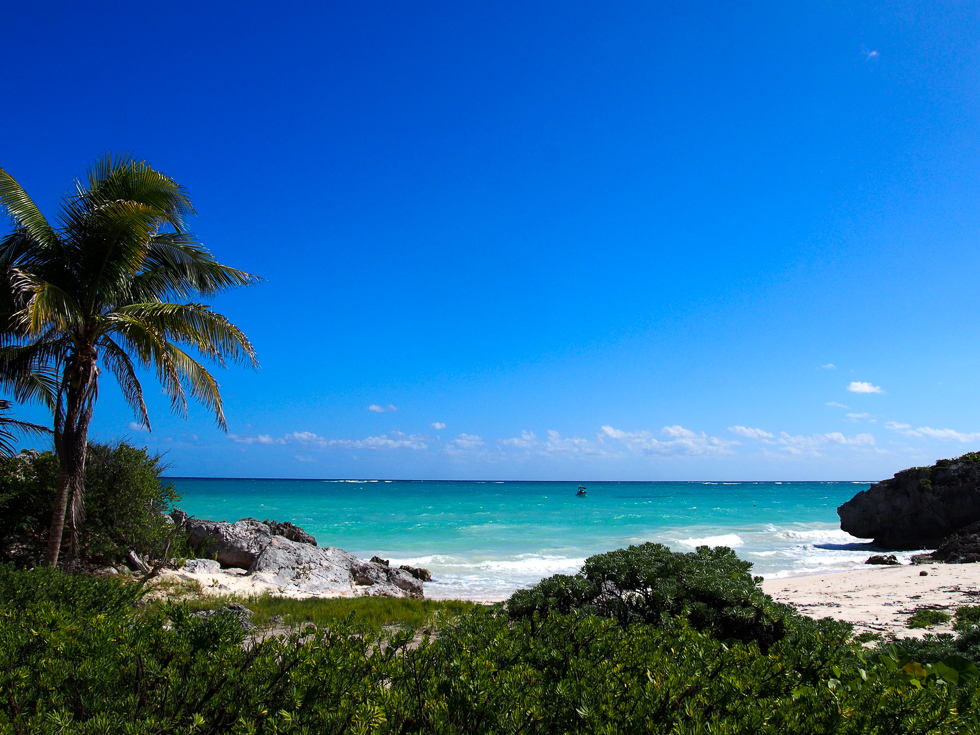
Once upon a time, I was browsing some travel blogs online while dreaming (and possibly scheming!) about a future trip. I stumbled across a blog post written by one of the top travel bloggers in the industry, who described some of her favorite and least favorite places and activities in a certain region. In describing her least favorite city in this region, she proceeded to state, “This city is a total dump.”
To say this comment rubbed me the wrong way is an understatement. I couldn’t believe that a person could write off an entire city like that – one full of rich history, music, food, dance, languages, and more – just to call it a dump: garbage, waste, disposable. The insensitivity, particularly given the blogger’s fame, influence, and relative privilege, was astounding. The two of us ended up dialoguing about this comment and its implications, but to date it remains on her website.
Comments of this sort continue to surface in conversations about travel, and within travel writing. So today we’re going to talk about the very language that we use to describe our travels, both informally (such as through a post-trip conversation with friends and family members) and formally (such as in a blog post, an Instagram photo caption, within a vlog episode, or in any other sort of travel media).
This is a post about how to talk openly and honestly about your travels, whether a trip was amazing or whether it left something to be desired, without defining people, places, and cultures based on stereotypical and reductionist absolutes. This is a call for greater mindfulness and intentionality in our travel discussions, because words have power and all travelers are influencers in their own right, as a form of social justice in the world.
Power, privilege, and credibility of the average tourist
To begin the conversation about why our word choice is important, we must first talk about privilege. We can make the case that the average tourist is vastly privileged. In order to travel, one must at least have some disposable income (class privilege), as well as enough flexibility related to work, school, and/or other home obligations to be able to take the time off to travel in the first place. To get around the world, one must have the ability (able-bodied privilege), or at least have enough mobility and resources to be able to safely and comfortably navigate foreign cities and streets. And we can never forget our passports (passport privilege), which means that a certain percentage of the world can travel with relatively no hassle and with limited visa complications, while many others must jump through hoops to be able to take a simple vacation in another country. Privilege is obviously intersectional and varies based on many factors, such as race, gender presentation, and others, but there is a certain baseline necessary to be able to travel in the first place.
With privilege comes power, which puts the average traveler in an interesting position. Not only can we move throughout the world with few limits, but we are also those who are considered credible sources to talk about and define the world. Once we have traveled somewhere, we are suddenly considered authorities on that place, whether informally (curious friends and family members, for example, who ask for travel advice) or formally (through blog posts or other travel media created about that place). Yet when credibility is assigned to an external source, it means that places, cultures, and people are subject to definition by someone who likely has a very limited scope.
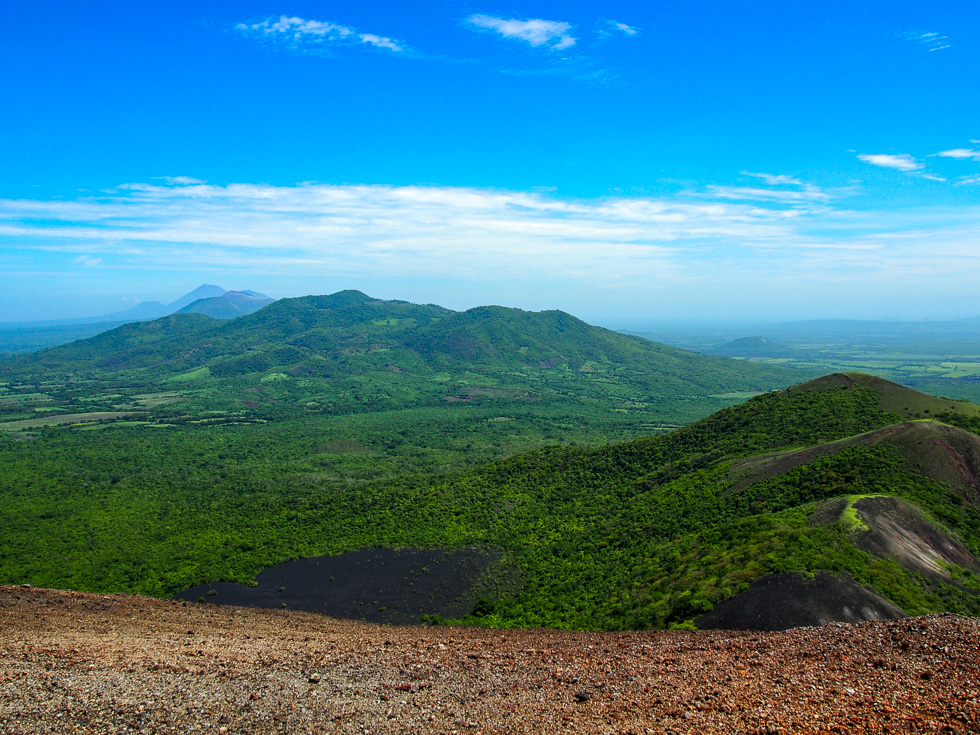
Some examples of generalizations and stereotypes in travel discussions
Now back to the words themselves. I started this post by mentioning the story of the language choices of a travel blogger who framed an entire city in a universally negative way. Yet negative language isn’t the only problem; universally positive language can also be stereotypical and reductionist. Here are some examples of language that comes up often in conversations about travel and in travel media, that describes places, people, and cultures in generalized and reductionist ways:
The positive: “the people are so beautiful”, “it’s a paradise”, “everyone was so kind”, and others.
The negative: “there’s nothing there”, “dump”, “boring”, “chaotic”, “dangerous”, “everyone tries to scam you”, “filthy”, “shithole”, and others.
You may be thinking, “if I say a place is a paradise, I’m giving it a compliment, and that’s a good thing!” Or, “if I say that a place sucks, then I’m giving my personal opinion, and everyone is entitled to their personal opinions.” I believe that you can talk honestly about your travels, whether the experience is positive or negative, without reducing the place to stereotypes and generalizations – and I will explain how. But let’s start by talking about why this language is a problem in the first place.
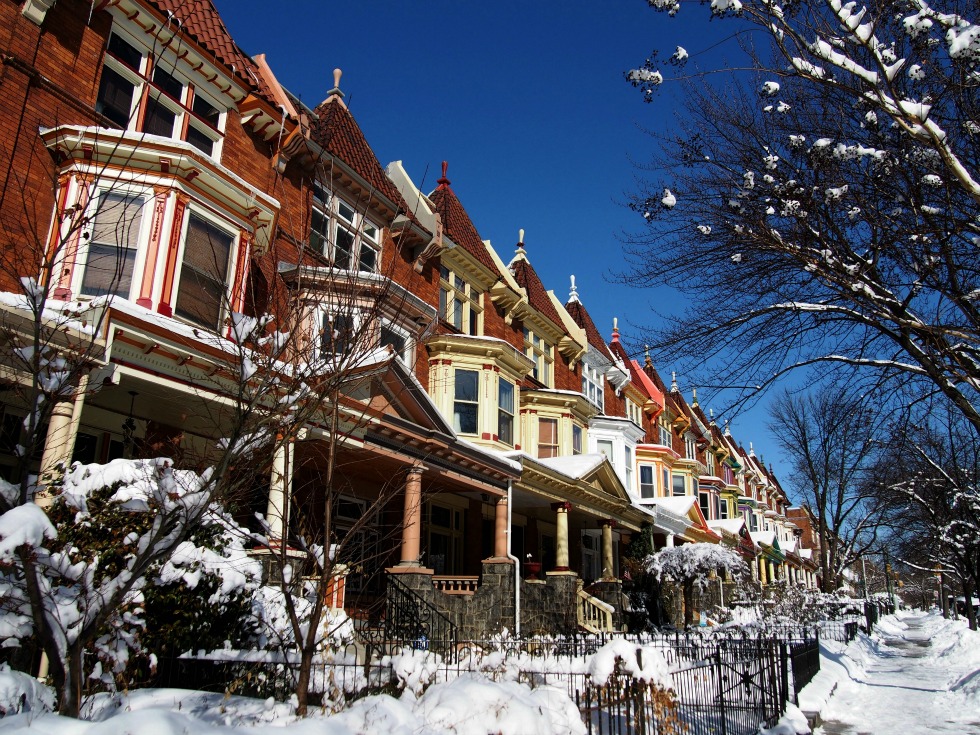
Why reductionist language in our travel discussions is a problem
Reductionist language in our travel descriptions reinforces stereotypes, both positive and negative (though even “positive” stereotypes are harmful). Stereotypes require that we ignore individual differences and circumstances, and they don’t account for the rich variety that exists within a group. Stereotypes also reinforce oppressive hierarchical structures in our society, as they can contribute to prejudices that become institutionalized through policy. For example, calling a place a “shithole” is a stereotype that strips that place of its value, reducing that place to something dirty, perhaps poverty-stricken, and undesirable. It ignores the richness and vibrancy of that place’s culture (languages, food, art, traditions, religions, and more), and it also ignores the full spectrum of personalities, skills, and dreams that exist within the people of that place. It signifies that the people from that place are unwanted, which has very real policy implications. Plus, on a basic level this sort of language is disrespectful and bullying; we can do better.
Fundamentally, reductionist language defines places in simplistic terms while ignoring the broader realities, both positive and negative, that exist in these places. Using this language is not the same as simply stating an opinion based on personal experience and observation; it is defining another place through an observer’s limited scope.
Finally, I believe that stereotypes and generalizations are lazy and represent a lack of ownership over our language. It’s easy to paint a place in absolute terms, whether we have decided that a place is a paradise or a dump, a place full of beautiful people or a complete chaos. But those terms are overly simplistic, and on their own they essentially have no meaning. Furthermore, this language roots what is familiar to us as the norm (for example, if we think of our own cities as being organized) and the observed place as the outlier (by contrast, a foreign city might be seen as chaotic). Reductionist language in our travel discussions is thus fundamentally hierarchical, and awards credibility to an arbitrary definition of “normal”.
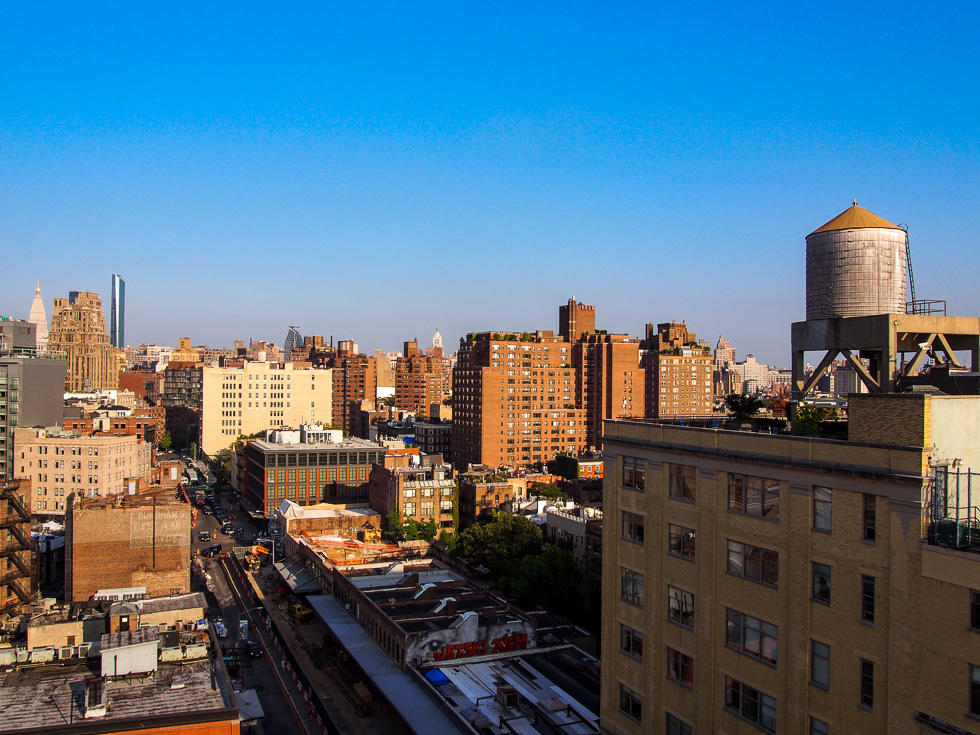
How to talk about travel: a guide to observation without definition, and acknowledging our limitations
I believe that the simplest solution to the problem of reductionist language in our travel discussions is to talk about our travels with more intentionality and mindfulness. Instead of tossing out sweeping generalizations, most of which are recycled cliches (or worse, rooted in bigotry), I think that the most important thing we can do as travelers when describing the places we visit is asking ourselves why we felt a certain way about a place. What made the place a paradise, or what made the place chaotic? If we found a place to be boring, is that really because it was a place that didn’t cater to the tourist agenda? If we call a place skeevy, is that because we stuck out due to the color of our skin or our gender presentation? By acknowledging why we feel the way we feel about the places we visit, we are not censoring our opinions. Instead, we allow for honest discussion while retaining nuance.
This reflection on why we felt a certain way about a place is also humbling. It calls for acknowledgment of the often limited perspective that we have as travelers (because maybe we can only spend a few days or weeks in a place, perhaps more time if we’re lucky). Furthermore, it requires the vulnerable analysis of how our individual cultures, biases, and perspectives may have lead us to draw certain conclusions about the places we visit. For example, what if we call a place “unsafe”? Feeling safe is partly the product of cultural conditioning (which is often racially coded), as well as past traumas (maybe a negative or traumatic encounter with a person of a specific group could make one feel less safe with others from the same group). While the feeling of being unsafe is valid, it is also an incredibly personal feeling, and the same conditions that make one person feel safe could be those that make another person feel unsafe. Thus, the language that we use to describe the places we visit should reflect our personal experiences and opinions, as opposed to defining those places based on our perspective.
And on a very basic level, we should remember that the places we describe when talking about our travels are somebody’s home, and thus deserve to be treated with respect. Given the choice to speak with compassion or to speak with contempt, I believe we should always choose compassion.
For a tangible example of how to navigate all of this, I would recommend checking out the post that I wrote about my time in Bogotá, Colombia, a city that I didn’t particularly like. I detailed why, but I was careful to respectfully present my opinion without defining the city in absolutes, particularly given my limited perspective.
To conclude, we can state our opinions about a place with honesty and respect, while acknowledging the nuances that exist and the limitations of our perspectives. This, I believe, is not just the ethical choice from a personal perspective, but it’s also an important part of building a more just and egalitarian world.
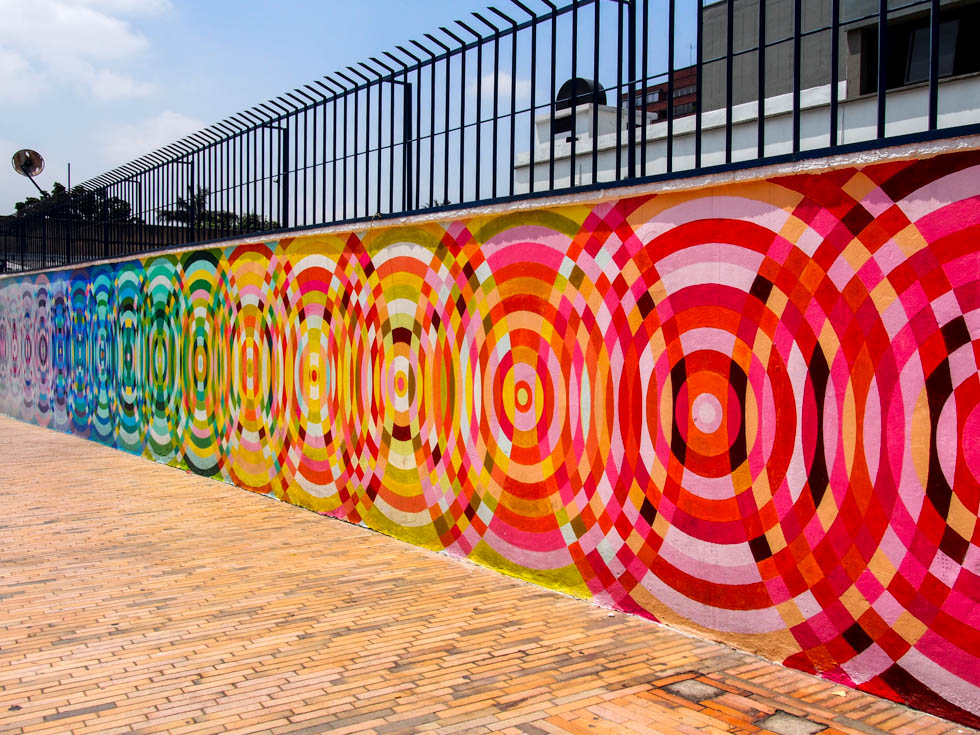
Not a dump (because there’s always more to the story)
Although dialoguing with the travel blogger mentioned at the start of this post didn’t yield very satisfying results, at the very least I knew that I could investigate further into the city that was described as a dump in her blog post. I’m not going to say which city or region was being described, so as not to give any credibility to that blogger’s irresponsible and reductionist travel writing, but I will share a conversation that I had a few days after this incident that I found to be noteworthy.
I met up with a friend, who happened to be from a different city in the same country. So I asked him, “Hey, have you ever been to [XYZ city]?”
Immediately, a serene smile passed over his face. He nodded. “Yes! I love [XYZ city]. It’s where I first learned to dance [regional dance]. I’ve been many times, and I definitely recommend it,” he said, and then paused. “Wait, why do you ask?”
I shrugged, a bittersweet smile on my face. His enthusiasm for this city was contagious, and his description was completely opposite to what that blogger described. A case in point that there is always more to the story, and that sweeping generalizations, stereotypes, and cliches strip richness from our world.
But he didn’t need to know the motivation behind my question, or the disrespect that had been stated about his country. In the end, I merely shook my head. “Just curious.”
What are some examples of stereotypical and reductionist language about travel that you’ve seen or heard? Do you view the use of this language as a problem? Has anyone ever described your city or country in reductionist terms? If so, what was your reaction? Do you think it’s ethical to call a place a “dump”? Let me know in the comments below!
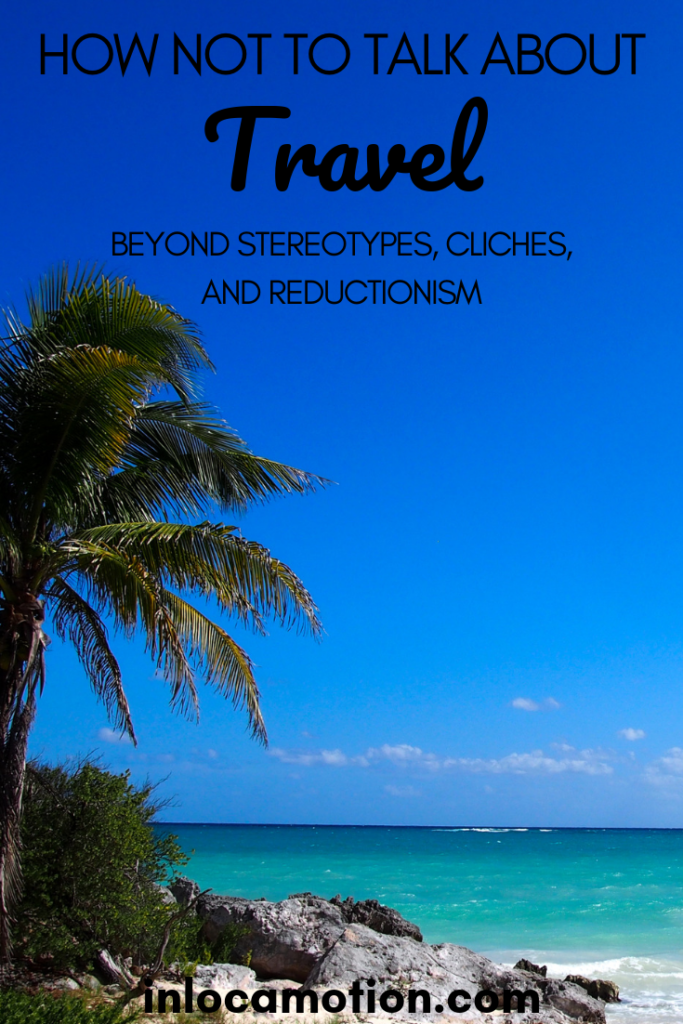









8 comments
Fantastic post! I think you are right, we do need to be careful about how we share our ‘expertise’ (or lack of!) about the places we visit. Those kind of comments really rub me up the wrong way too. 🙁
I think it is good to always imagine how you would feel if someone described your home in the way you are about to describe a destination. If you think you’d be offended, then it’s pretty safe to assume someone else may be.
Yes! It’s so important to be able to put ourselves in others’ shoes. Very good rule of thumb. Thanks so much for reading and commenting, Josy.
This is such an important topic! I think a lot of people forget that their words have an impact, and that actual people live and work and go about their daily lives in the city they’re calling a “dump.” Like I would feel pretty shitty if someone was ragging on the place I lived or currently live like that – of course, everyone is entitled to their opinion, but it’s frustrating when people have the attitude that it’s the end all be all. Thanks for sharing!
Yes, I completely agree. And of course, we’re all entitled to our opinions… but we can present our opinions with respect and compassion. Thanks for reading and for your positive feedback, Kelsey 🙂
Thaks for a really interesting post! I noticed the same thing recently when I saw a famous travel influencer commenting that she wouldn’t recommend going to a country and other were better, after literally spending like two days there. It did make me cringe.
Yeah, two days is definitely not enough to rule out an entire country… and neither is two years, or more! Travel is so subjective – what works for me is going to be different than what works for somebody else, and there is value in things beyond our individual ability to assign those things value. I’m also cringing that influencer’s comment. Thanks for sharing, Meri!
This is such an important topic! We need to be cognizant of the way speak about places and be mindful that our words, even the smallest ones, speak volumes. Thanks so much for sharing & starting a good conversation. 🙂
Thanks so much for reading, commenting, and for your positive feedback, Abbie!